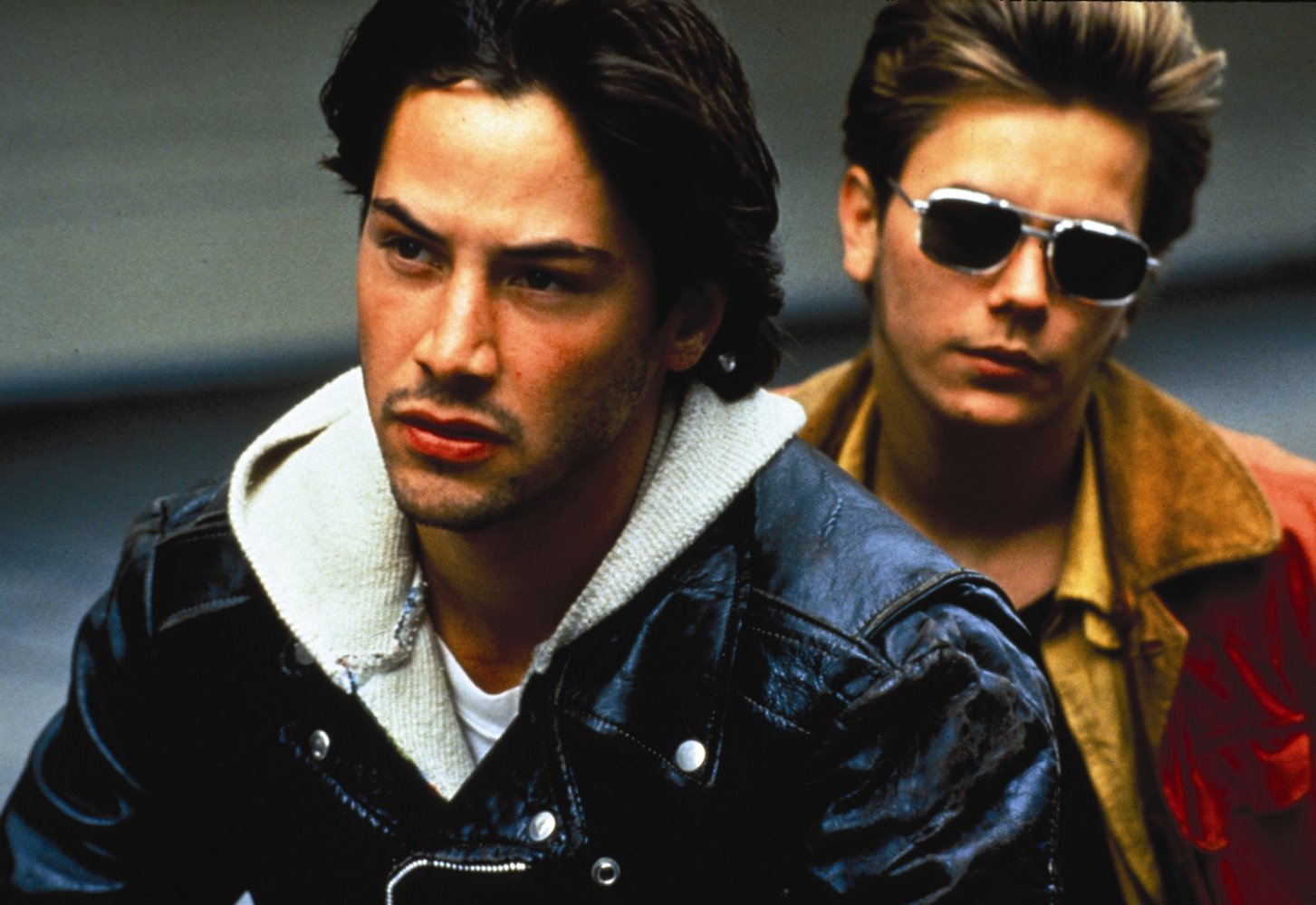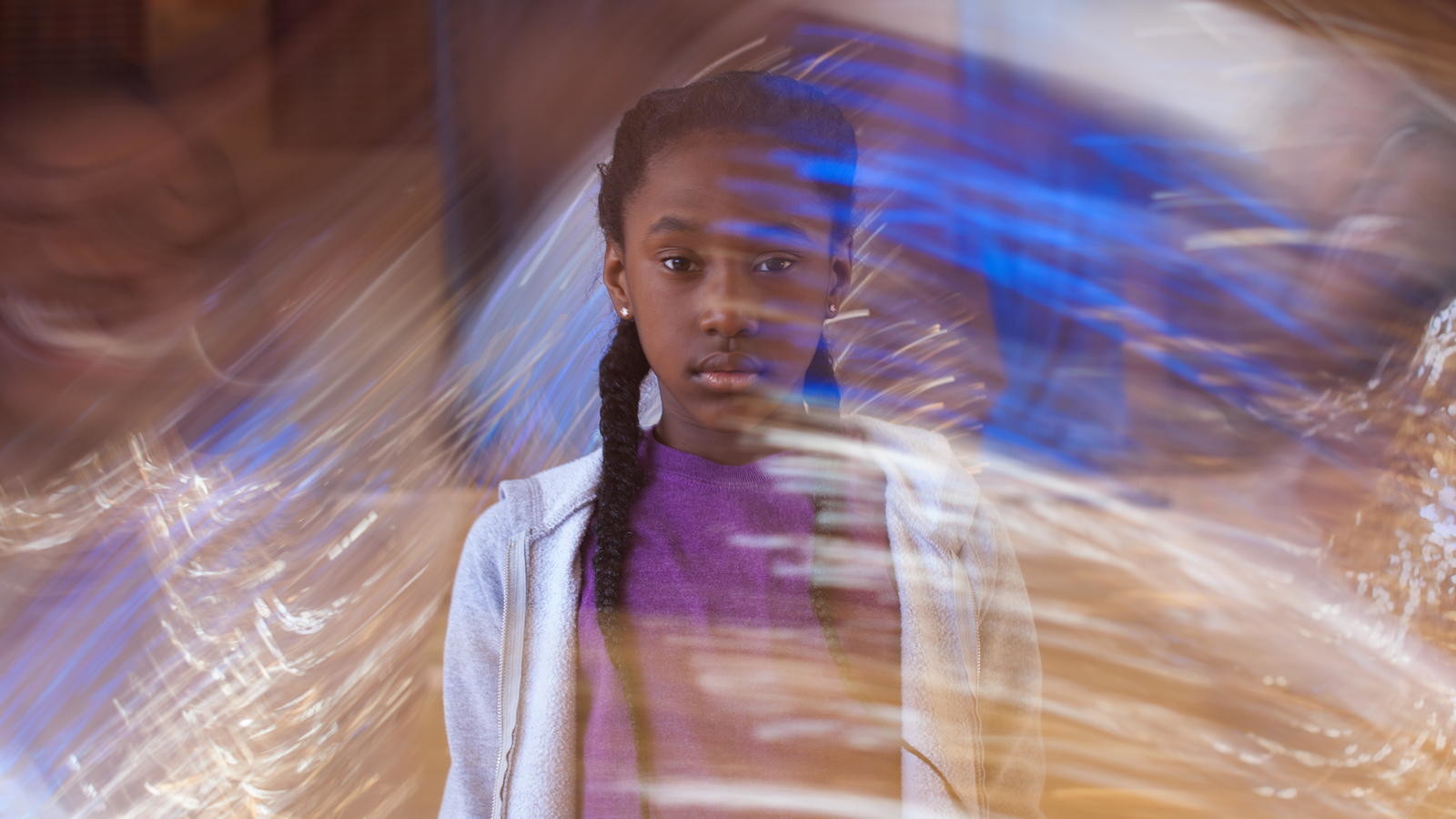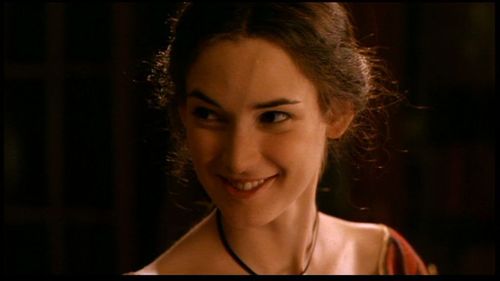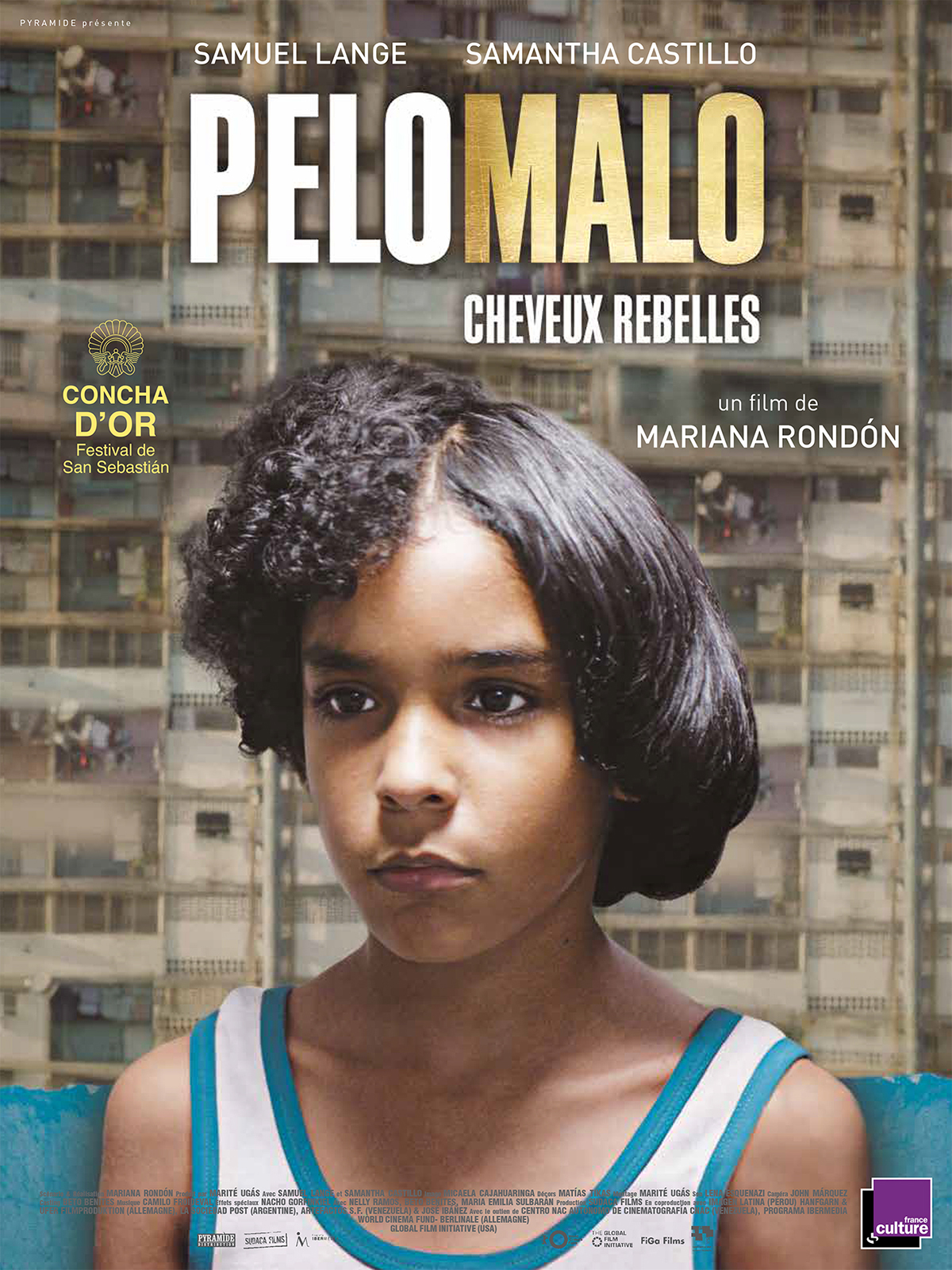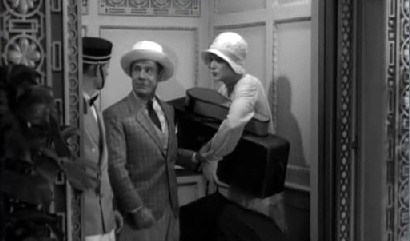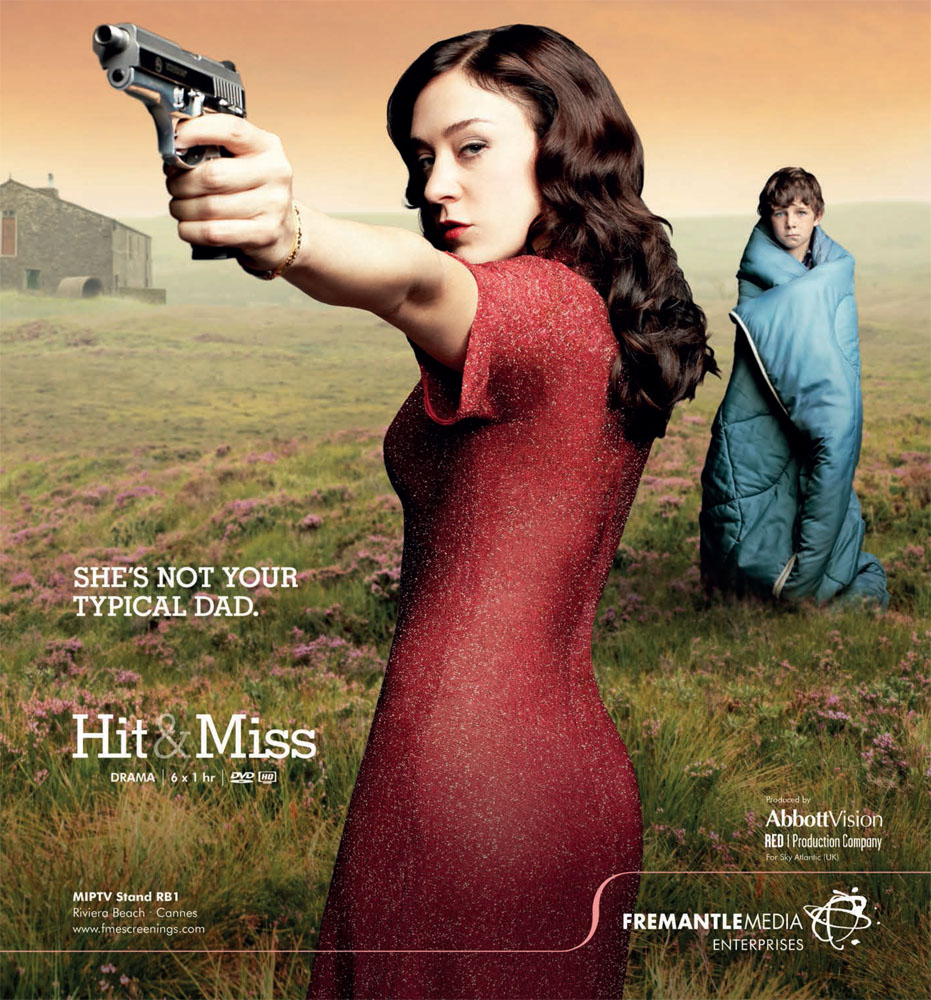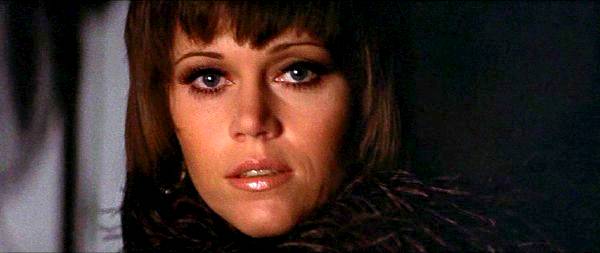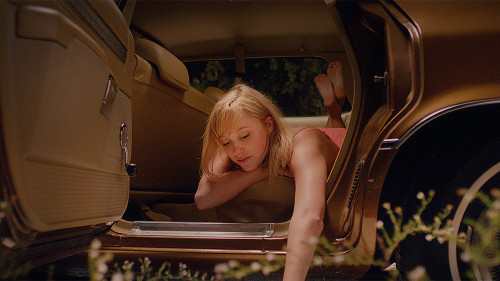A Place to Call Home: The Search for Love and Identity in ‘My Own Private Idaho’
In many ways, Gus Van Sant’s ‘My Own Private Idaho’ is a film about duality, weaving together conflicting stories about love, family and the inescapable lure of home, even when it is a place you can never go back to again. And that duality also lends itself heavily to the sexual identities of the film’s main characters, Mike and Scott, two street hustlers with opposite views of their own bisexuality…
